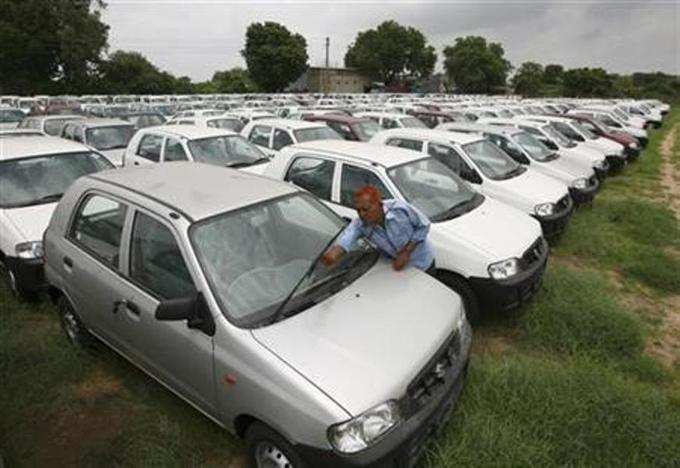
If there’s one car maker in India who’s been consistent in its quality, production and innovation – it’s of course
And now after 3 decades have passed, as per a news report by PTI, Maruti
The company's first car, a Maruti 800, had rolled out from the Gurgaon facility way back in December 1983.
"The 15 millionth car, a DZire, rolled out from the company's Manesar facility last week," the company said in a statement.
On the achievement, the company said it produced 31 lakh units of the Alto series, 29 lakh units of its iconic Maruti 800 model and 17 lakh units of Omni van during the 31-year period.
Besides, the company manufactured 16 lakh units of compact car Wagon R and 13 lakh of premium hatchback Swift and 10 lakh of compact sedan DZire.
On future plans, Gandhi said the company is eyeing a 2 crore production figure.
The news report further said, MSI's medium-term goal is to clock sales of 20 lakh vehicles per annum by 2020 and to achieve that, the car maker is expanding its product portfolio, foraying into new segments, strengthening the sales and service network and enhancing capabilities across the value chain.
(Image: Reuters)